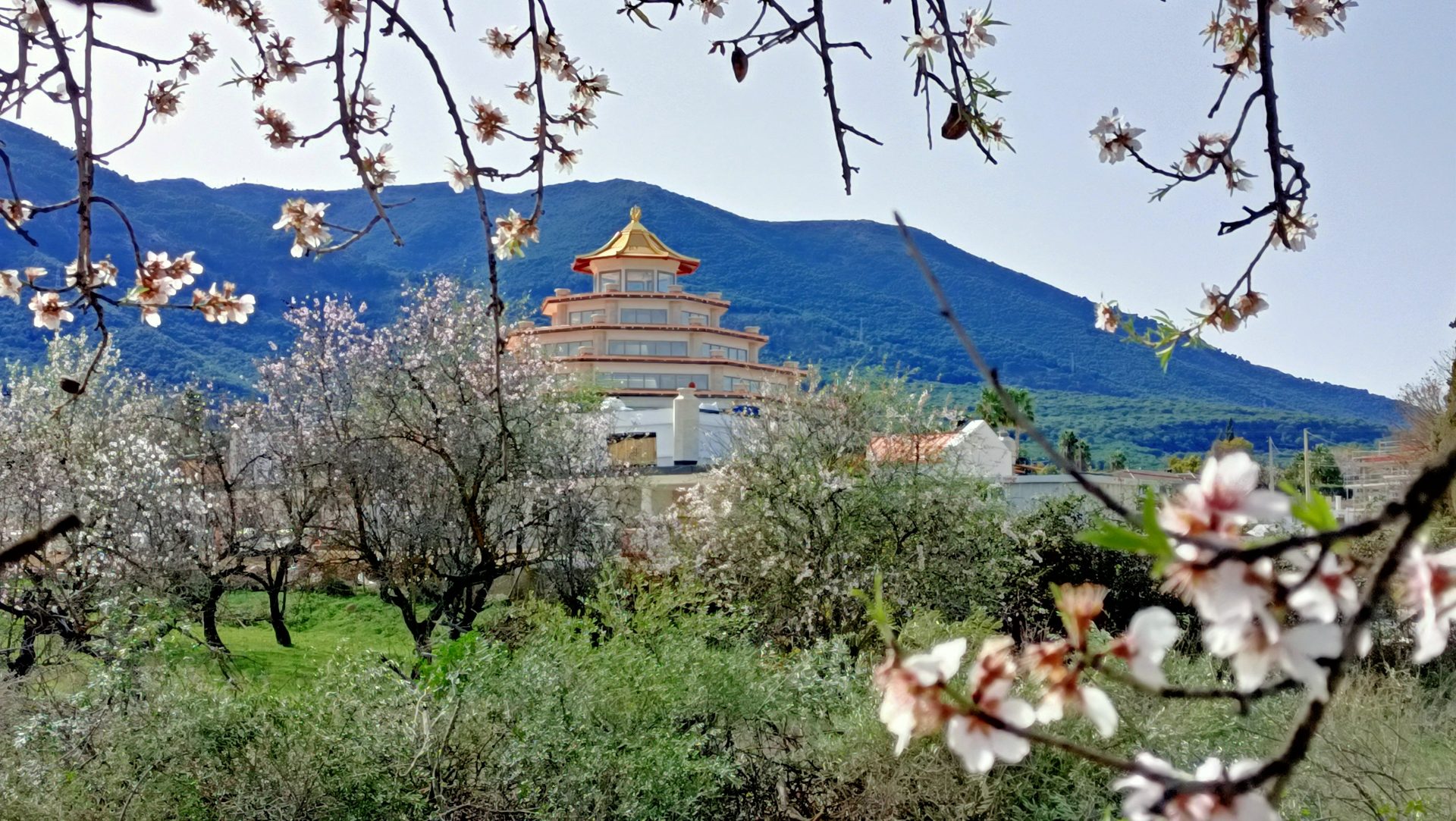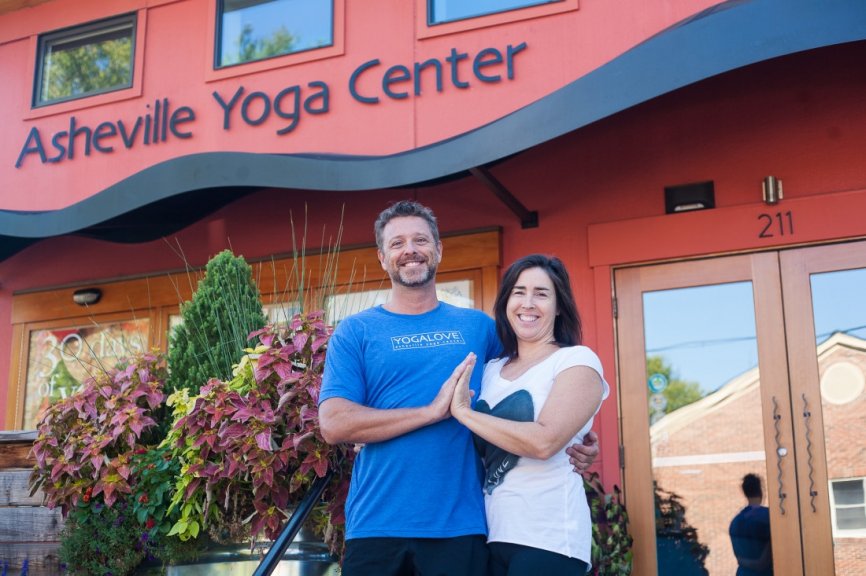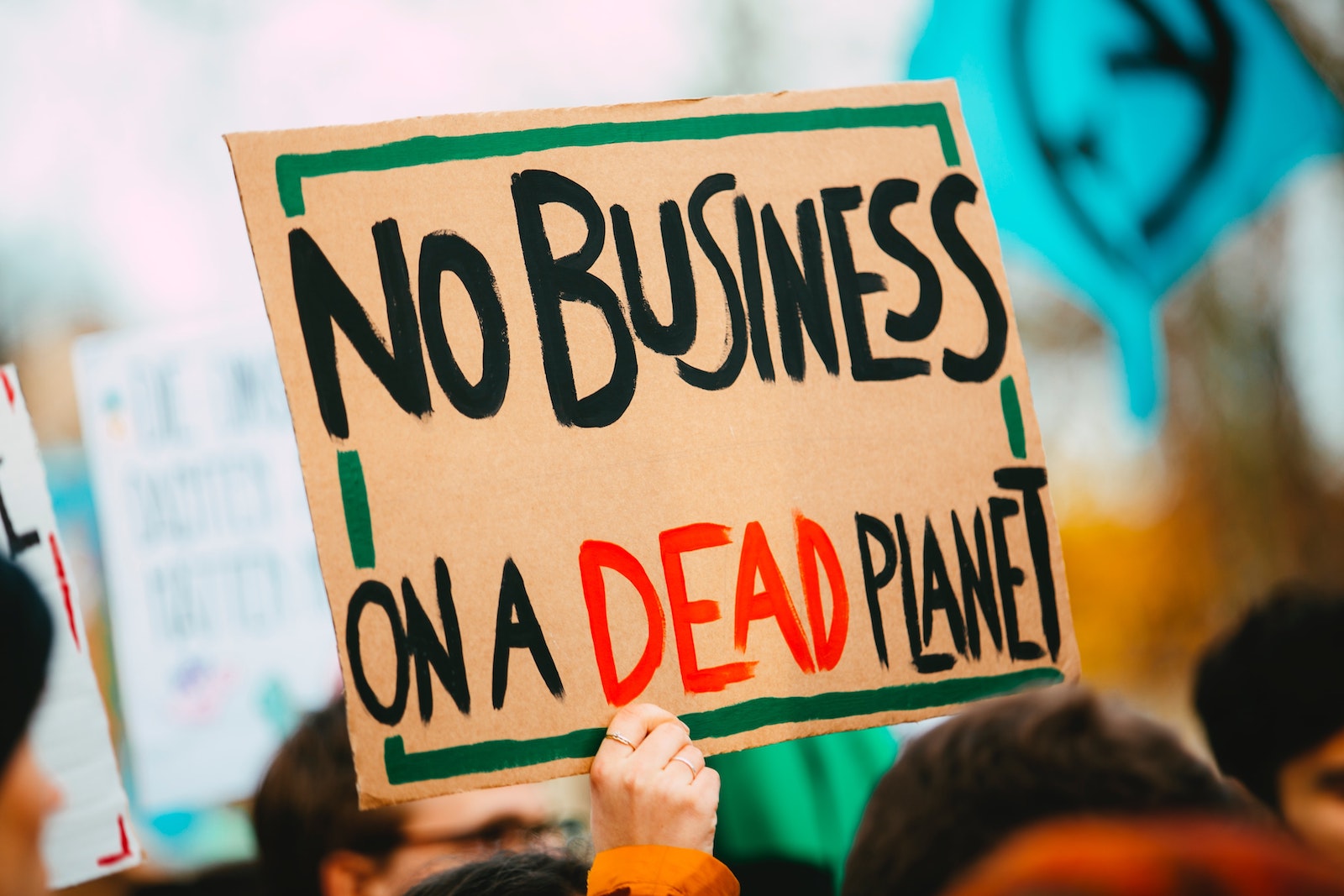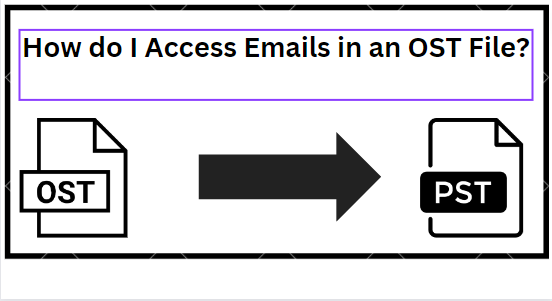A Murder of Crows
No matter what degree of suffering is inflicted upon us, we, like the Buddha, can refuse to accept it. The post A Murder of Crows appeared first on Tricycle: The Buddhist Review.
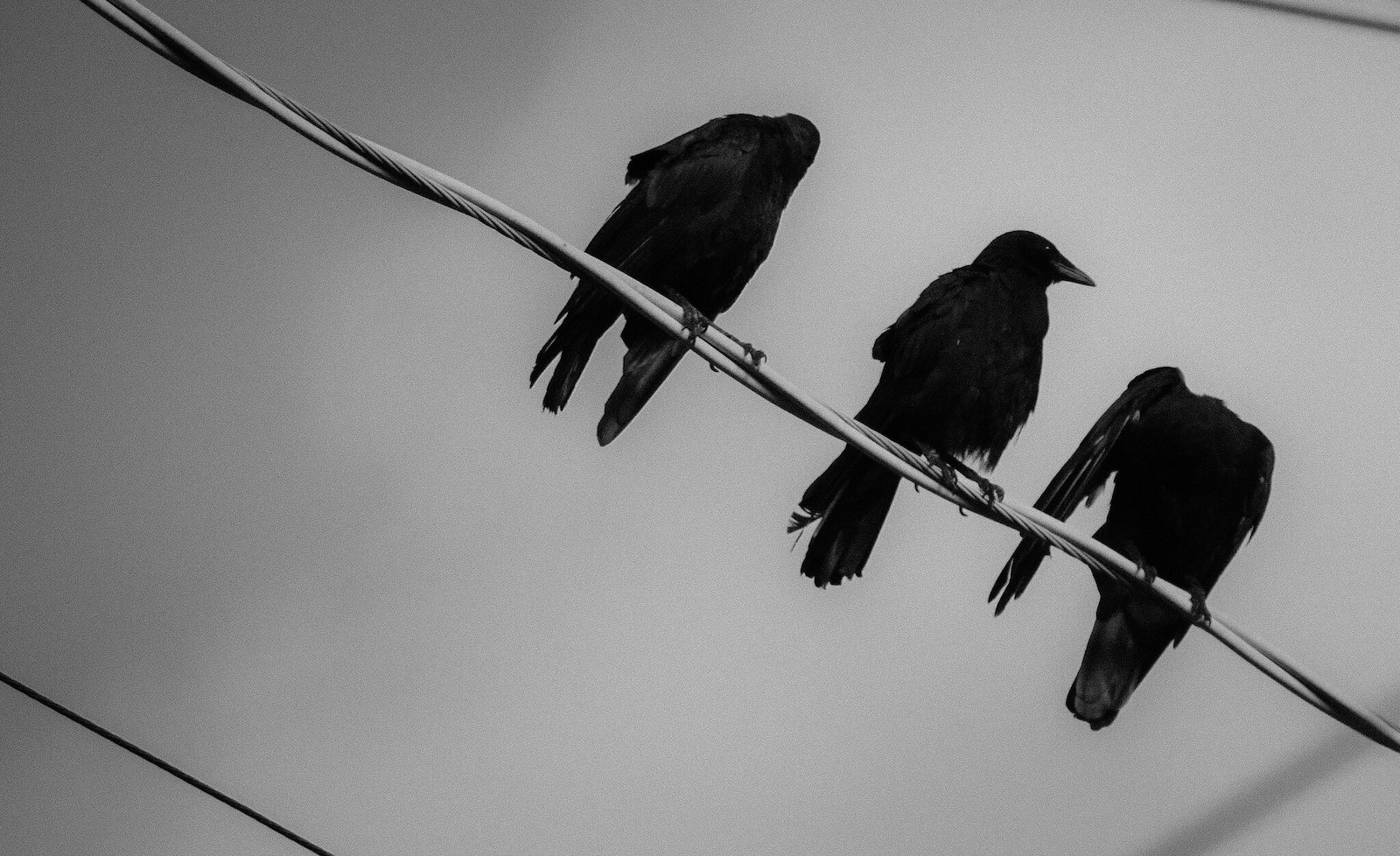
Having arrived home after running some errands one afternoon, I heard a racket downstairs. I live on the fifth floor, but my windows are always open, so I could hear the crows as if they were right outside.
I poked my head out the window and saw there were about twenty of them, and they were fighting. Some were going at it wing and claw, while others stood on the sidelines flapping their wings and yelling. I couldn’t tell what it was that had them in such a tizzy, but their ruckus set off a couple of the neighborhood dogs, adding to the mayhem. After a minute or two, when the conflict was at its loudest, an approaching car scattered the mob—appropriately, one of the names for a flock of crows—and the birds took off and settled on nearby trees. Except one. He was lying on his side in the middle of the road, and as soon as the car went around him, all the other crows gathered near and began cawing again.
Some of the birds seemed to be trying to help. They hopped close, poked the downed bird with their beaks, and made what I interpreted as encouraging noises. Others didn’t seem so empathetic. They were the ones who, in my estimation, were trying to finish off the vulnerable bird. That’s why a flock of crows is called a mob, or a parliament, or, more sinisterly, a murder. Stories say they form tribunals to judge the behavior of an errant bird—even if their “crime” is simply to be a bit weaker than the rest—and if they find the defendant guilty, it’s killed by the flock.
I watched the birds arguing, and suddenly thought of junior high. Back in the eighties, my class was a run-of-the-mill, middle-/upper-middle-class flock. We had grown up together, and we generally liked and even loved one another. Then puberty hit and it was as if we’d turned into the characters in Lord of the Flies. For one long year in seventh grade my class turned against me for reasons I don’t fully understand to this day. Up until that point I’d been reasonably popular; I didn’t belong to cliques or interfere with the other kids. My crime seemed to be that I enjoyed studying, had good grades, and was therefore liked by the teachers. And although by today’s standards the bullying was nothing to speak of, it sent me home in tears every single day.
My mother, who had a fighting spirit, encouraged me to stand up for myself, but I stubbornly refused to fight back, for no other reason than pride. I told myself I “didn’t want to be like them,” yet I was too thin-skinned to truly not care about what they said either. So every day I pretended to be unaffected—an act they clearly saw through—while inside I died a little at a time. Like the crows outside my building, it took one boy in particular to bring me to my knees with his jabs, then the others swooped in, taking advantage of the fact that I was down. Sometimes I wonder whether they would have finished me off, except we moved cities at the end of the year and I didn’t get a chance to find out.
The world is filled with people whose insecurity drives them to belittle or even destroy others in order to advance themselves. Or maybe it’s simply that in moments when we have a hard time coping with ourselves, our impulse is to turn on someone else. It’s one of the oldest mechanisms of self-defense, and whether the “self” is an individual, a group, or a nation, the movement toward violence is always movement away from oneself.
I wish I’d known this at thirteen. It might have helped me ignore all those taunts. I wish, too, that I’d known I could refuse what I was being offered, just as the Buddha refused to accept the “gift” of another man’s curses and harsh words.
In a sutra called Akkosa, “The Insult,” a brahman, displeased by the fact that one of his group has chosen to become the Buddha’s disciple, goes to see the teacher and lets loose a string of curses and insults.
“What do you think, brahman,” the Buddha says to the man in response, “do friends and colleagues, relatives, and kin come to visit you?”
“Yes, Master Gotama,” the brahman answers. “They do come to visit me.”
“And do you offer them food and snacks?”
“Yes, sometimes.” Which makes you wonder, what happens those other times? Does he ignore his guests? Does he pretend he doesn’t have anything to offer? Does he turn them away?
“But suppose that they don’t accept the food and snacks you offer them, brahman. Whose are they then?”
“They are mine.”
“In the same way, brahman,” the Buddha says with the kind of irrefutable logic that cuts through self-deception, “I do not accept your insults, your taunts, your curses. I am not insulting, not taunting, not cursing, so they are not mine. They’re all yours, brahman. Whoever returns an insult or a taunt or a curse is said to be sharing food and company with that person. But I’m neither eating with you nor sharing your company, brahman. It’s all yours. It’s all yours.”
Likewise, in the Sallekha Sutta, “The Discourse on Effacement,” the Buddha says to Cunda, Shariputra’s disciple: “Others will be harmful; we shall not be harmful here. Others will kill living beings; we shall abstain from killing living beings here,” and so on, working his way through forty-four unskillful actions that the Buddha’s sangha will refrain from.
What, to me, is telling, is that the Buddha is not only refusing to harm another, he’s also vowing to refrain from harm even when another is harming him, or to act unskillfully even though those around him may fall prey to their confusion or their pain. He’s essentially saying, I refuse to participate in your delusion. Samsara may be ubiquitous, but I do not accept it as my lot.
I find this teaching to be one of the most challenging yet most rewarding. For myself, I frame it as: “When harmed, I will not harm. I won’t resort to what will only and always create more suffering.” It’s a teaching that requires us to refrain from reacting to various degrees of harm with impatience, jealousy, anger, or violence. It doesn’t mean to condone the harm. It means not compounding it.
Perhaps in some fundamental way I understood that responding to the bullying with something akin to it would not help me or my classmates. But I wish I’d also realized that I could refuse what they were dishing out.
“I don’t accept your insults,” I could have said to them or to myself. “I’m not insulting you, I’m not bullying you, so they’re all yours.” So is your violence, we could say to the bullies and predators of our world—your gaslighting, your blame, your control. No matter what degree of suffering you choose to inflict upon me, I do not accept it. Your harmful karma is all yours. It’s all yours.
And the crows? They left the wounded bird behind. Torn as to whether I should intervene and go downstairs to try to save him, I moved from the window for a moment, and when I returned, he was gone. I hope he got a chance to heal. I hope he found a better flock.

 Tekef
Tekef 







